#lope dope
Text
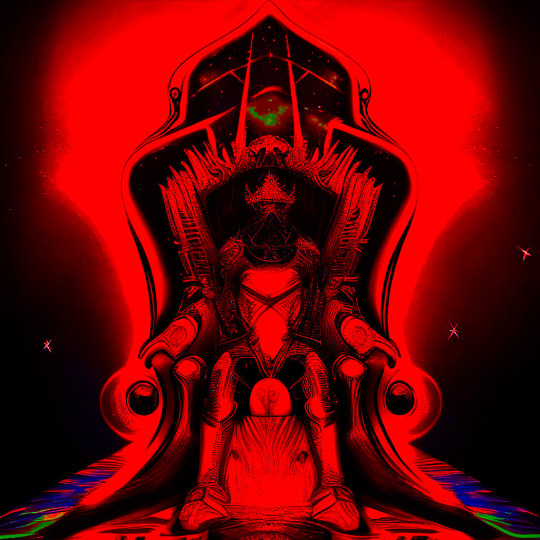
#black and red#red and black#red and black aesthetic#black and red aesthetic#red aesthetic#red#ldc#lopedope#lope dope#soundcloud#texas rapper#rapper#album#rap album#king#throne#throne music#throne music ep
13 notes
·
View notes
Photo
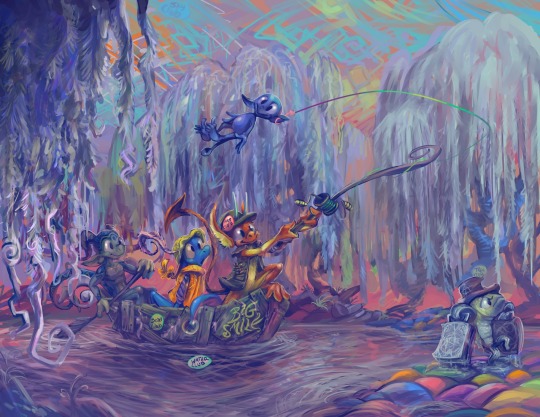
Looks like a good day to stay inside
Don't see also: a totally necessary time lapsing video of this picture being made plus suspicious music
https://www.youtube.com/watch?v=_soho2Aa94k
12 notes
·
View notes
Text
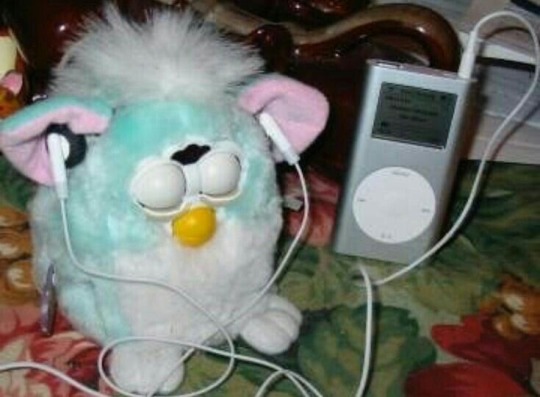
url song game
tagged by @acidheaddd thank u!
𝔢 - european vegas - mac demarco
𝔩 - lope - sad lovers & giants
𝔡 - dope on a rope - the growlers
𝔢 - every single thing - homeshake
𝔯 - rest my chemistry - interpol
𝔴 - where did you sleep last night - nirvana
𝔦 - intimate - crystal castles
𝔰 - sextape - deftones
𝔭 - positive tension - bloc party
i tag: @diwns @rottengurlz @pralinesims @vicciouxs @mattodore @flovoid @youredreamingofroo @happy-lemon if u wanna U3U
25 notes
·
View notes
Text
A BEACON OF HOPE
A beacon of hope
not bacon, no dope
recon memories to elope
I reckon, for a greater scope
from felon down the rope
To beckon for the tope
a deacon counsels the mope
inside a wagon for a grope
with a cannon hard to cope
to put a stallion on the lope
Top up a gallon with a nope
but for a million, do scoop
two dragons for my soup
in jargon, I shall boon
onions by the swoons
To vote for a raccoon
take note of the loon
bagged totes of cartoons
send dotes to the moon
for a beacon too soon

©Johnny J P Lee
29 July 2023
A Gogyoshiren Poem (20)
Photo, J. P. Lee
#poetryportal#writerscreeds#smittenbypoetry#poeticstories#spilledwords#writingthestorm#inkstainsandheartbeats
20 notes
·
View notes
Note
sooo what's the name of the cat 😽 ?
We named her Calliope, Cali for short. And I may have already called her Lopee Dopee a few times. She’s a really great cat. Affectionate and playful, not at all shy or frightened, and she didn’t wake us up in the morning! Purrfection (…ba da dum).
Thanks to everyone for name suggestions! Some of them made it to the final rounds of deliberations and may be debated again when it comes time for feline #2.
7 notes
·
View notes
Text

Felon on a melon
Dope on a lope
2 notes
·
View notes
Text
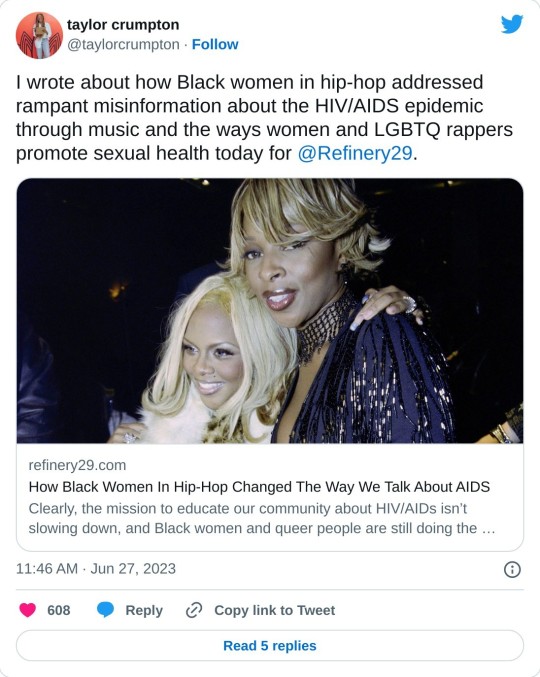
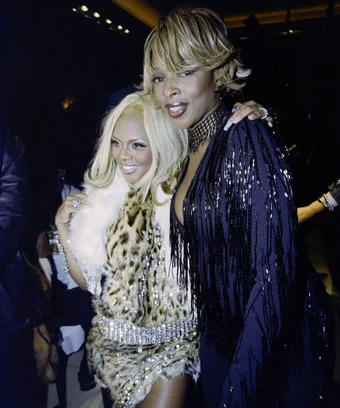
Hip-hop has had a relationship with HIV/AIDS since Reagan created the crack epidemic in the 1980s. The genre, born out of necessity and fight, never shied away from depicting the continuous plight of Black Americans. Interwoven in the messages of gangsta rap from the East and West Coast was the grotesque characterization of the dope fiend, the crackhead, the sex worker — identities used to mischaracterize Black women and LGBTQ folks as harbingers of an invisible virus. Thankfully, Black women in hip-hop have addressed the misinformation in the only way they knew how: through the music. The same vehicle that their male peers used to dismiss them became the tool to mass distribute youth-centered, culturally relevant, and women-led information to the world.
From Salt-N-Pepa’s 1992 hit “Let’s Talk About Aids” to TLC’s “Waterfalls” (1994) to Janet Jackson’s ‘Together Again” (1997), Black women in hip-hop made it their mission to prove that AIDS was an intersectional issue. Lisa “Left Eye” Lopes went as far to don a condom eye patch as a way to raise awareness about safe sex practices to young fans and listeners. While groups like Public Enemy embraced the misogynistic ideals about the virus in their 1990 hit “Meet the G That Killed Me,” Black women in music were using radio-friendly, mass-marketed songs to combat societal held beliefs and assumptions about it.
“As a Black gay man, my liberation is rooted in the liberation of Black women,” says Kahlib Barton-Garçon, a Texan who serves as the Chief Program Officer of True Colors United, a national organization that works to address youth homelessness. Prior to his tenure at True Colors United, he worked as a community health worker at Us Helping Us, a Washington, DC-based nonprofit that provides services and programs to people living with HIV.
Unbothered spoke to Barton-Garçon about hip-hop’s relationship with HIV/AIDS, the involvement of Black women in early efforts to combat the epidemic, and ways hip-hop’s thinking around the virus have shifted today.
Unbothered: When we think about the 1990s, especially what it meant to be Black in the 1990s, it would be remiss not to acknowledge the presidential administrations of Richard Nixon and Ronald Reagan in the 1970s and 1980s. Two administrations that introduced a series of legislations that contributed to mass incarceration and unsafe drug and health practices in the Black community. Could you summarize what was going on in the 1990s for us?
Kahlib Barton: In the 1990s, Black communities were struggling with the brunt of the crack epidemic. A lot of us were navigating experiences of poverty, living in overpoliced communities and food deserts. In response, a bevy of poverty-centered programming focused towards Black and brown communities, especially Black communities arose. It was a lot of lip service to ensure the people who were continuously being elected would stay in those positions.
What strikes me about those three time periods is the War On Drugs, the Anti-Drug Abuse Act, and the 1994 crime bill. The hallmarks of the Nixon, Reagan, and Clinton administrations. The unspoken impact of these legislations, which significantly increased mass incarceration, created an imbalance of women to men in the Black community, coupled with the lack of programming for people to re-enter society after being incarcerated. Do you feel these impacts along with the societal norm of silence around HIV/AIDS created overwhelming conditions for Black Americans? Just the thought of going to get tested for HIV/AIDS was too much.
KB: Even trying to get folks to take the step and get tested was difficult. In the beginning, HIV/AIDS was shopped around as GRID (Gay Related Immune Deficiency), a gay disease, something that was not targeting Black communities. Back then, our community did not know how to talk about Black LGBTQ people. It was very taboo, especially since the majority of us were raised in the church. It was easier to say “No, those people don’t exist.” Therefore forcing a lot of older LGBTQ folks into the closet which did nothing but perpetuate the AIDS epidemic in the 1990s.
In the beginning of the 1990s, Public Enemy released ‘Meet the G That Killed Me,’ a song that reinforced stereotypes within the Black community that HIV/AIDS was a disease for sex workers and drug users. In 2010, Chuck D of Public Enemy described the song as the group’s response to the rampant transmission of disease, that at the time, they believed was “man-made.” Do you believe this song reflected the perception of HIV/AIDS in the Black community around the early 1990s?
KB: Obviously, it was telling of the times. Unfortunately, I do believe that we have [shifted.] There is a larger school of thought and shift in consciousness around HIV and the AIDS epidemic in the Black community. There are still a lot of people who resonate with that message, especially in the Black community, who believe HIV/AIDS is reserved for people who are more promiscuous than others, who assume these people are not careful and do not care about their health. That it’s their fault. That they are somehow lesser than you.
In 1992, Salt-N-Pepa were asked by journalist Peter Jennings to remix “Let’s Talk About Sex” to “Let’s Talk About AIDS” for his ABC News special. They were one of the first musicians to address the epidemic, combat misinformation, and inform their listeners about safe sex practices. At the time, sex education was predominantly abstinence-only. Discussions around birth control and contraceptives were minimal. A time where Black women, similarly to today, were criticized for openly talking about sex. How impactful was it for Salt-N-Pepa, Black women, to talk about HIV/AIDS on the national stage when so many of our voices were silenced in the national consciousness?
KB: The messaging of that time was a white gay man talking about HIV. When you see that as a Black person, especially a Black cisgender heterosexual who attends church on a regular basis, you believe those messages do not apply to you. Some efforts were made to reach out to our folks. The biggest way to reach Black women was to go to Black colleges and churches. Those efforts made sure initiatives were being held on college campuses around HIV that were not just focused on abstinence only, but condoms for people with penises, insertive condoms, and dental dams. That shifted the game.
All those different conversations were not happening. The majority of education was targeted towards folks with pensises to be able to protect themselves, which unfortunately placed a lot of blame, responsibility, and shame on Black women. There was a lack of conversation about children who were born with HIV. There was a lack of conversation around medication and safety to make sure children did not acquire HIV in utero, a lot of the blame went towards the mother.
In 1995, Eazy-E’s death changed pop culture for Black cisgender heterosexual men, the passing of the gangsta rap legend hit home. Prior to his death, the majority of HIV/AIDS advocacy in the Black community was done by women and LGBTQ folks. Months after his passing, Heavy D, The Notorious B.I.G., Method Man, and Warren G performed at the Urban Aid for Life benefit concert in New York City. This concert was one of the first times we saw Black cisgender heterosexual men use the language of hip-hop as a vehicle for public health advocacy.
KB: I will not assume those artists were asked prior to say something about the issue. Would they have gotten involved with Salt-N-Pepa? A lot of those artists were resistant. “Nah, I don’t wanna talk about that.” I assume it was not “gangsta” to talk about it. At that point, sexual health was not viewed as something that impacted their communities. Being gay is not hip-hop. We are just now getting to the point where the conversation is starting to shift. We are starting to see more gay rappers make their way in the game.
For so long, it was very clear that hip-hop was very homophobic. HIV being closely related to gay communities wasn’t a thing they wanted to talk about. Eazy-E’s death shifted the conversation, because rappers were interfacing and interacting with Eazy-E. A lot of folks, due to archaic and stigmatic beliefs of “Oh, you catch HIV from a hug or from giving someone a kiss,” had them thinking about their own life, their own morbidity, and if it could impact them since they were in the same social circles as Eazy-E.
I think it resonated with those individuals who were not living with HIV or were not personally impacted by this issue. It was great to see that shift happen, even after something tragic happens, folks may not feel inclined to speak up or get involved. It was great to see action coming from diverse Black communities. At this point, we see rappers talking about sexual health, even if it is not always forward thinking. We see more conversation. I think people are more aware that we can not talk about sex without talking about sexual health and safety.
#How Black Women In Hip-Hop Changed The Way We Talk About AIDS#hiphop#Black Women in HipHop#AIDS#Black Music
0 notes
Text
Super Mario 64 T-Shirt

Discourse on feminism Super Mario 64 T-Shirt . is fundamentally different in China than in Australia and Europe; both share the goal of gender equality. but, in recent years, the Chinese Women’s Rights Movement has faced rigid government repression. In its early days, China’s Communist Party enforced state feminism as part of its ideology, with equal labor fueling the country’s economic resilience—so much so that during the ‘50s and ‘60s, the nation boasted the highest female labor force participation in the world.Market reforms over the last few decades, however, led to a disproportionate number of women losing jobs compared to men, and since 2007, the Chinese government has peddled propaganda encouraging young, educated women to get married, have children, and realign themselves with traditional gender roles.Super Mario 64 T-Shirt, hoodie, sweater, longsleeve and ladies t-shirt
Classic Women's

Long Sleeved

Unisex Sweatshirt

Unisex Hoodie

Classic Men's
Those in their late 20s who refuse to comply are deemed undesirable sheng nu, or “leftover women,” but in response to this, the China’s Women’s Rights movement has found ways to evade the country’s Internet censorship and gather force on social media—even adding their voices to the global #MeToo movement Super Mario 64 T-Shirt .NVSHU's founders consider themselves devoted feminists and allies, but their central aim is to facilitate empowerment through individual personal expression—itself a radical act. “We want to encourage people to explore their creativity,” Akilla says. “We’ve started with music as the tool to do that, but we hope that the confidence people get from learning with a practice like deejaying can support them in other parts of their life.”The goal of NVSHU, then, is to apply an inclusive vision to Shanghai’s emerging nightlife scene, which exists as a unique space for people to explore their creative freedom. The city’s nocturnal world is, after all, still a relatively blank canvas. Due to the strict policies enforced by the Cultural Revolution of Mao Zedong in the ‘60s and ‘70s, certain musical genres and instruments were fiercely regulated for decades; following Mao’s death in 1976, the country entered a new era of modernity and accelerated economic progress, but there was still no popular nightlife in China until the ’90s. The underground club scene, as a result, is still in its infancy. NVSHU and their contemporaries—left-field collectives such as Asian Dope Boys and record labels like Genome 6.66 Mbp—are actively sculpting this subcultural landscape on their own terms.For Koondhor, electronic music provided the conduit for her own personal expression. In her teenage years before she entered the music industry, Koondhor worked in a buttoned-up finance apprenticeship at a Swiss bank, following in the footsteps of a family line of bankers. “The weekend was my escape,” she says, an opportunity to transform into a more fearless version of herself. Club culture became a playground for brash style statements—a black marker under her eye à la Lisa “Left Eye” Lopes or DIY shredded jeans. Akilla, who has always favored a more androgynous wardrobe of sneakers and oversize suit jackets says that “mainstream rhetoric has a very narrow constraints on femininity, so one thing the underground has taught me is how to learn and redefine beauty for myself.”
You Can See More Product: https://kingshirtstore.com/product-category/trending/
Read the full article
1 note
·
View note
Text
monotropa. - Inmovilidad (Tremulant)
8DPromo · monotropa. - Inmovilidad (Tremulant)
Lockdown. Shut in. Claustrophobic. Inmovilidad. What can we learn about ourselves in moments of immobility? So much of our daily activity is full of movement, and within those moments where our movement is restricted, we become faced with discomfort, sometimes pain, and we are forced to be with ourselves in permanence. These sentiments inspired "Inmovilidad," recorded by Seattle's monotropa. in the early months of the 2020 covid lockdown. The track sonically details an expression of anger regarding a relationship that was no longer beneficial and when anger helps one to understand there is something going on that is crossing a boundary. Loping and techy, the tune starts with a pulsing bass line and a punchy and somewhat tribal drum track. Dark and cinematic layers of synths melodically play up the treacherous vibe — this is moody late night business that'll more than satisfy the dancers on the floor. The Golden Hour remix from Just Emma (Katermukke, Hanse Hertz) extracts the deepest elements from "Inmovilidad" and reworks them for a hypnotizing extended version. The mix's many twists and turns evoke the intricate thoughts behind the original. Hector J Rodriguez (Underscore Recordings) spotlights the tribal hand percussion hinted at in the original and rounds out the stereo field with arpeggiated synths, piano stabs, and dramatic transitions. A top notch release from Tremulant, a label that claims it's 'not of this world.'
Rory Hoy (Super Hi-Fi) – “Great downtempo release. Supporting!”
FineCutBodies (Chi Recordings) – “Love the production of the Just Emma remix. Great lush vibes!”
Anders Lyngen (Utzekatze) – “All of these tracks are floorfillers. Especially at my Sunday club – Utzekatze. Bangin’ and chill all at the same time.”
Andreas Kinzl (play.fm) – “Deep vibes. Well done.”
Sandro Bianchi (Ibiza Sonica) – “Love it! Original and remixes are dope.”
Jon Wesley (Music Goes On Radio Show) – “Excellent for afterhours for sure. I like both mixes. Nice production and deep vibes.”
Available Now From: Beatport, Juno Download, Apple Music, And Spotify.
1 note
·
View note
Text
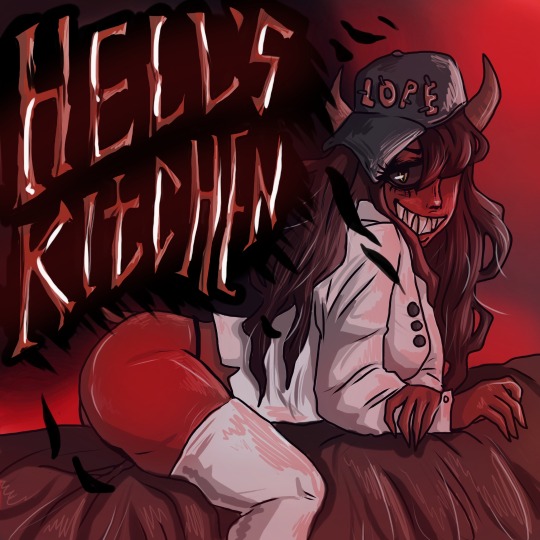
#black and red#red and black#red and black aesthetic#black and red aesthetic#red aesthetic#lope dope#artists on tumblr#soundcloud rap#SoundCloud#rap artist#ldc gang#ldc#hells kitchen#hellskitchen#gokami#album cover#cover art
19 notes
·
View notes
Text
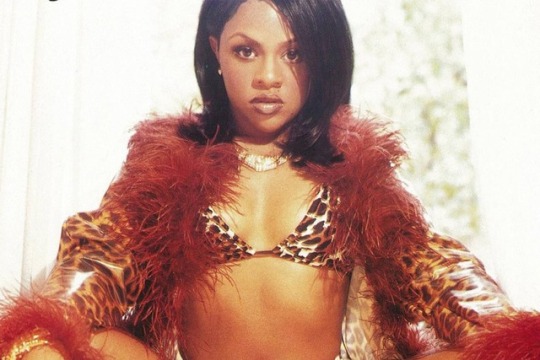
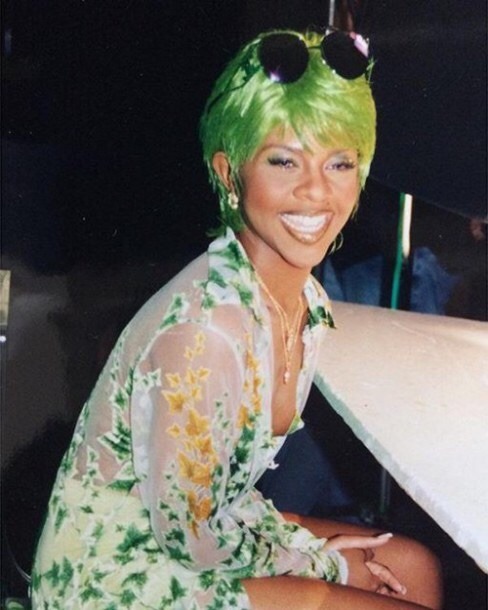
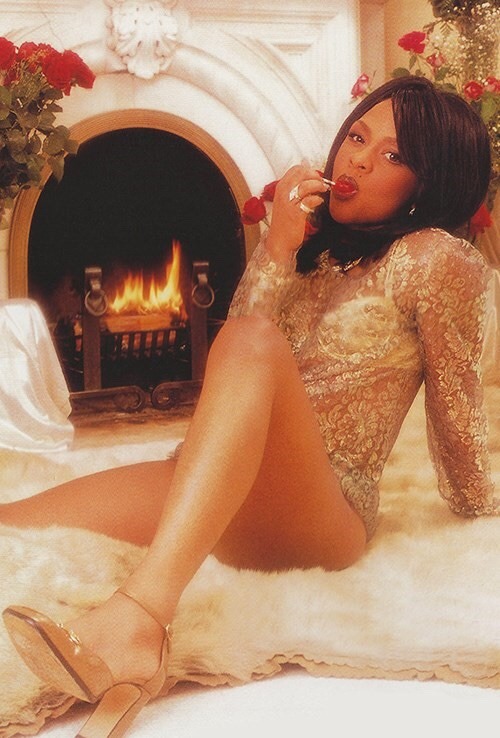
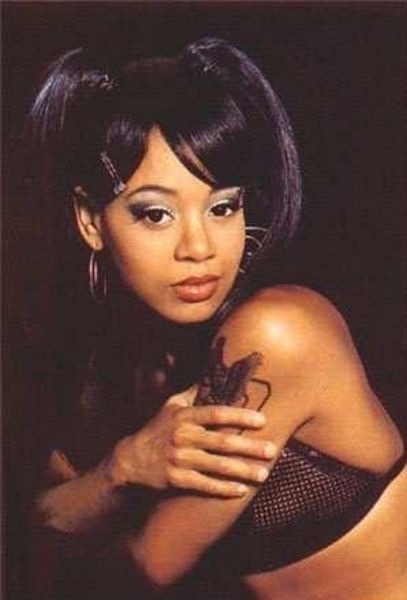
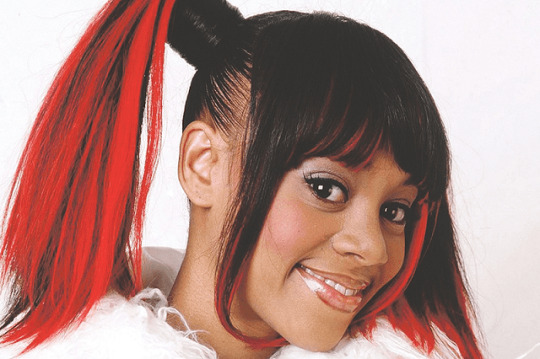
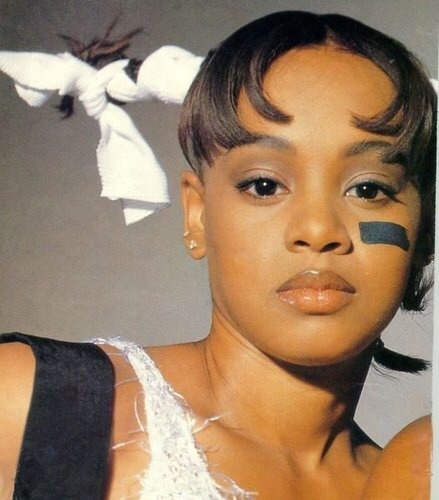
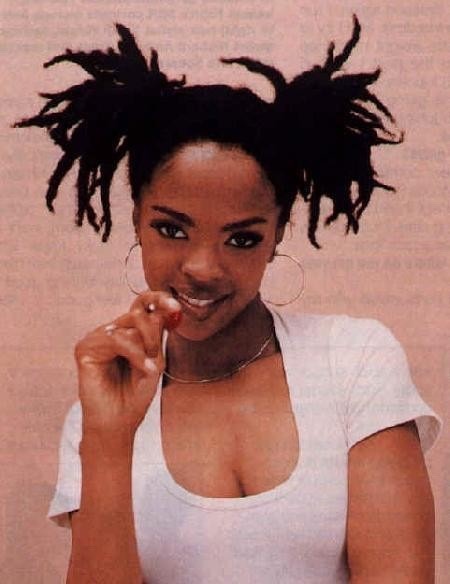
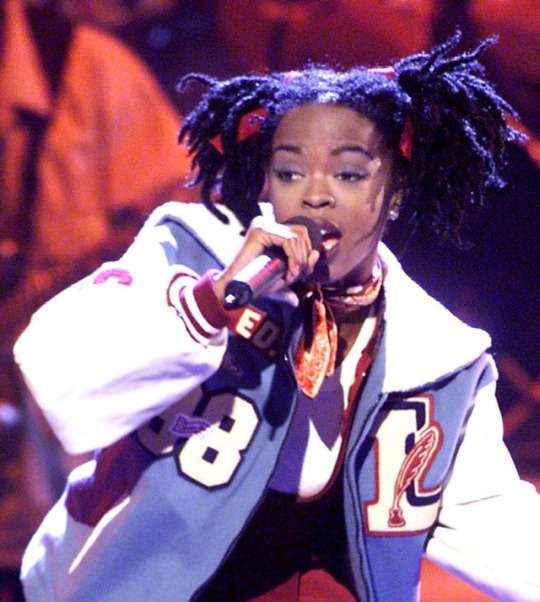
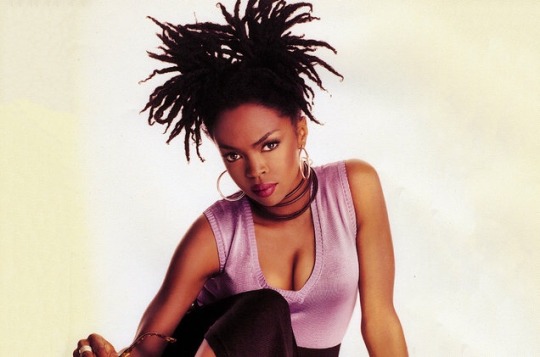
90s Female Rappers
Lil Kim
Lisa “Left Eye” Lopes
Lauryn Hill
#90s aesthetic#90s#90s music#90s fashion#lauryn hill#dope#lil kim#lisa lopes#left eye#queens#rap#female rapper
46 notes
·
View notes
Photo
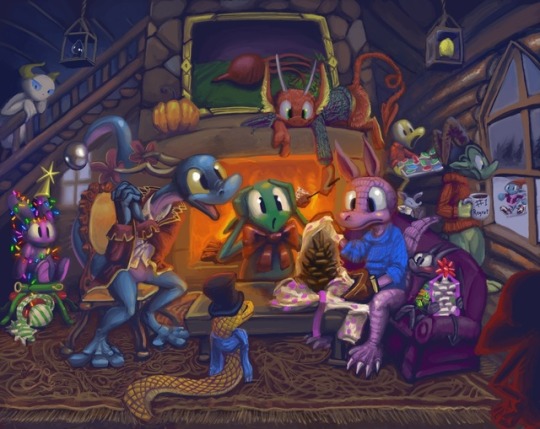
Home for the Horrordays
I want to punch every one of them in the nose. Those who lack noses will be punched in the ears. Those who lack both will get off with a warning this time.
#nemitz#lope#elpse#pog#kumquat#dope#mortimewde stapleton meepmire#holiday#thanksgiving#christmas#cabin#trapped#idiots#family#morons#carpet#fancy#bimshwel#armadillo#beet
14 notes
·
View notes
Text
A DATE WITH THE MOON
A beacon of hope
no bacon, no dope
recon memories to elope
I reckon, a greater scope
from felon down the rope
To beckon for the tope
a wagon for a grope
a cannon hard to cope
a stallion on the lope
one gallon with a nope
In jargon, I shall boon
onions by the swoons
to vote for a raccoon
take note of the loon
a dote with the moon
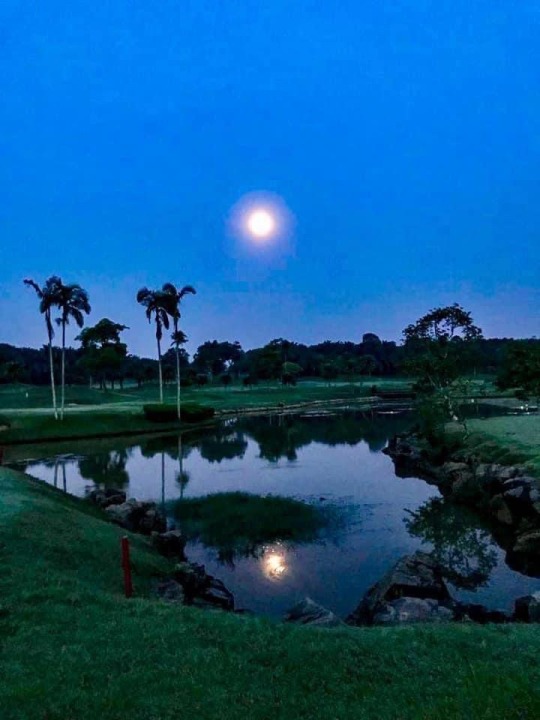
©Johnny J P Lee
02 August 2022
Gogyoshiren Poem
Photo Credit J. P. Lee
#poetryportal#writerscreeds#smittenbypoetry#writtenconsiderstions#acrobat888#the subservient human#poetselixir#poetic stories
7 notes
·
View notes
Audio
https://soundcloud.com/lope-dope/valet-prod-ghxstbeats
1 note
·
View note
Text
Like That - Weecest Fic
My fic for the @wincestreversebang inspired by the awesome art of @alexiescherryslurpy - See the art HERE or on AO3
Rated E, underage
Fic and art on AO3
Dean was propped against the wall in the shade under the tattered awning in front of the office. Heat rolled off the cracked concrete of the parking lot, but at least the Wyoming wind blew dry and gritty during the hottest part of the afternoon. The motel was quiet. It was a weekday afternoon, people were either gone or lying low from the August weather. Technically Dean was watching the desk for Kelly Ann while she fed the baby. She would make him and Sam dinner in exchange, in the little manager’s apartment behind the office. Dean had managed to get a job at Gillette’s single, run-down movie theater but stale popcorn was less useful to bring home than leftover gas station hotdogs.
At the end of the breezeway, Mrs. Lawson, who was living in room 115 since her husband was “a real piece of work when he drinks,” was hanging washing on a portable drying rack in the sun. Dean made a mental note to ask her for some laundry detergent. He and Sam were down to their last clean pair of socks between them, and the less said about their underwear, the better.
Cars roared by on I-90, a constant, distant rumble - tourists headed toward Yellowstone, or Bighorn, or Sundance. Gillette was too close to the parks to stop, and too far from everything else. Most importantly it was far enough from whatever top secret hunt Dad was on that he’d felt comfortable ditching them, but a day’s drive to Bobby’s “if something happens.” Dean wasn’t sure what would have to happen to make Bobby welcome them back, after the last fight he and dad’d had, but he’d just said “yessir.”
School would be starting for Sam in a month, but that was a long way away. They’d be somewhere else by then. They’d already been in Gillette for three weeks, which was a week longer than Dad’s usual hunt timeline, but they’d gotten a voicemail from him a couple of days ago, so at least he was alive.
Across the parking lot a door slammed and the lanky figure of Dean’s brother loped toward him, shimmering with heat haze, bare feet shoved into his battered sneakers. His hair was long enough that it was curling at the ends, fluffing out untidily around his head. He hadn’t reached Dean when another door opened and Sam was intercepted.
“Hi, Sam.” Delaney Davis was about Sam’s age, blonde, pretty enough for a fifteen year old, and always stank of her stepdad’s dope.
“Hey.” Dean could hear them over the highway noise.
“Whachya doing?” As far as Dean could tell, in a short but storied life of living out of hotels, Delaney was doing a good job keeping her head above water for a teenager whose parents were definitely dealing heroin. She’d be a decent fuck and a better friend, if Sam could pull his foot out of his mouth for five minutes.
“Not much. I was just reading.”
Delaney fiddled with the end of her ponytail. “Some friends and I are going swimming at the lake this weekend. Saturday. Do you want to come?”
“Sure. Yeah.” Sam shuffled his feet. “Can Dean come?” Dean dropped his head back against the cinder block wall.
“Sure,” Delaney said, and laughed.
Later, alone with Sam in the dingy, musty-smelling office, Dean said, “Sam when a girl asks you on a date, you don’t ask if you can invite your brother along.”
Sam made a face. “It wasn’t a date. Her friends will be there. And you and I were going to watch that new Zorro movie Saturday. I didn’t want to ditch you.”
A thrum of affection for his baby brother pulsed through Dean’s chest. Sam’s teenage moodiness seemed to be getting worse, not better, but sometimes he’d turn so sweet and earnest Dean got whiplash.
Slinging an arm around Sam’s neck, Dean wrestled him into a headlock, ignoring the fact that he might not be able to for much longer. Sam had grown, offensively, an inch and a half taller than Dean this year, but he was still beanpole skinny, and Dean managed to pin him between his armpit and the counter. The bell chimed gently as Sam’s flailing elbow hit it. “We can watch Zorro any night, it’s running for another week.” He scuffed his knuckles through Sam’s silky-soft hair. “Let’s go get wet with some girls instead.”
“It’s not like that,” Sam said, muffled into his armpit.
“Sam, Sam, Sam.” Dean patted his head. “When a girl asks you to go night swimming, it’s always like that.”
Keep Reading on AO3
45 notes
·
View notes
Photo
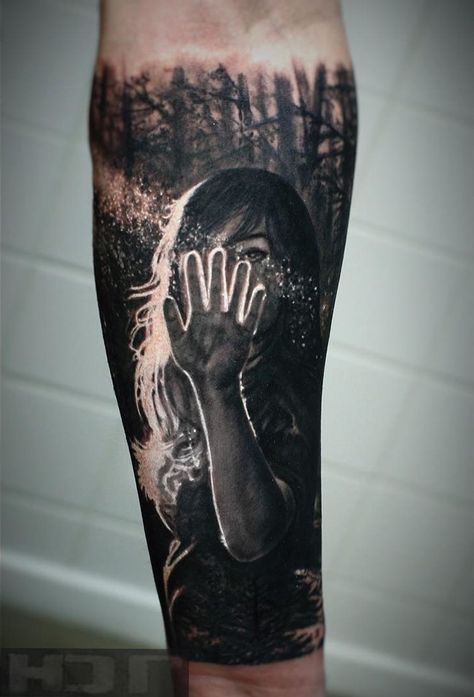
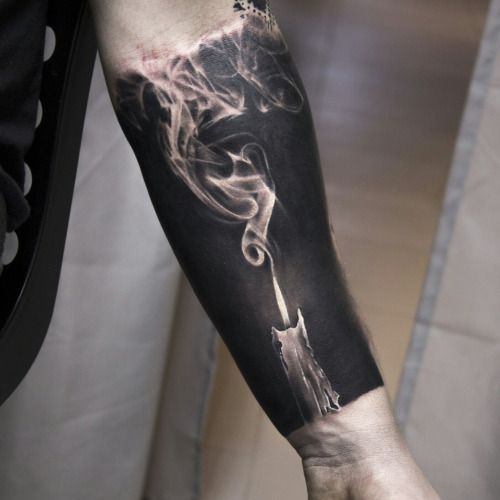
🌕 🌖 🌗 🌘 🌑 🌒 🌓 🌔
216 notes
·
View notes